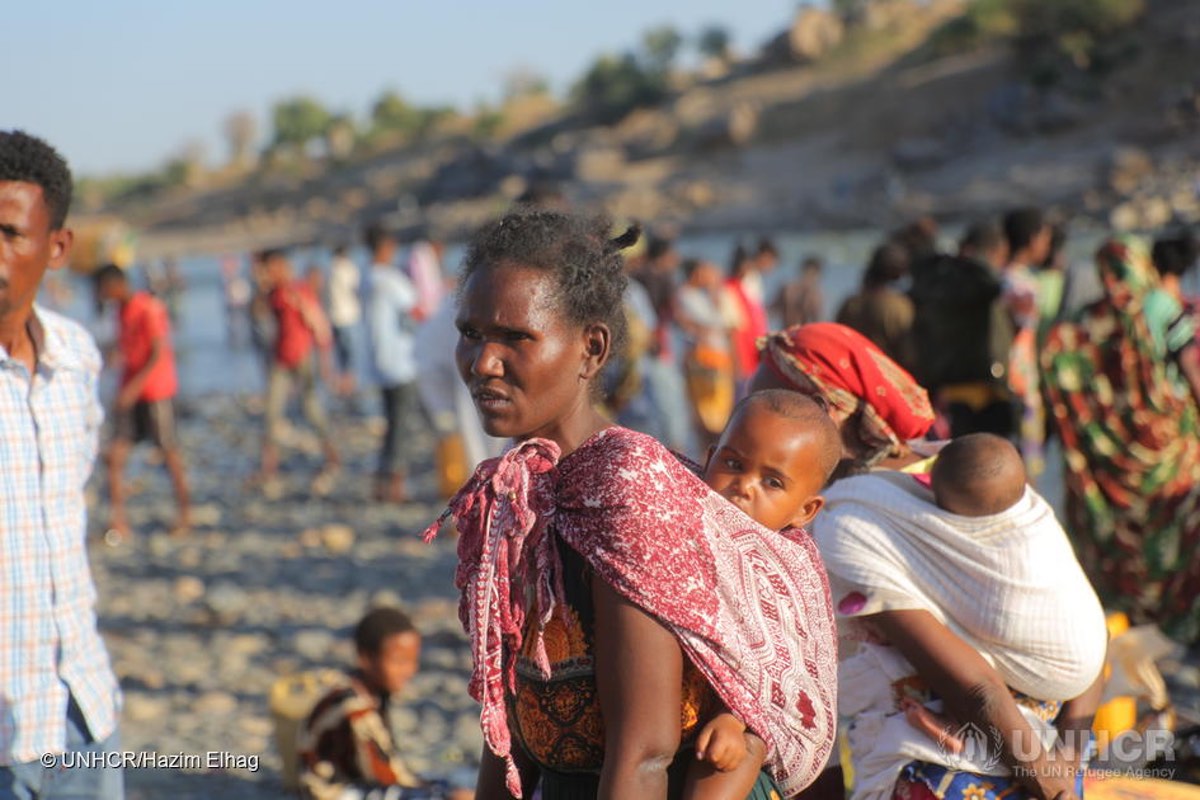On Friday 11th December, the spokesperson for the Office of the UN High Commissioner for Refugees (UNHCR), Babar Baloch, called once again for all parties in the conflict – the Ethiopian government and the Tigray People’s Liberation Front (TPLF) – to allow freedom of movement to civilians needing assistance, safety and security within or around the Tigray region. Baloch also expresses the UN refugee agency’s deep concern for the safety and condition of Eritrean refugees in Tigray who have been caught in the conflict and left without access to supplies or services since the beginning of November.
Yesterday, on Monday 14th December, the United Nations expressed its “frustration” that the agreements with the Ethiopian government had not yet brought humanitarian access while the crisis continues to rapidly grow. The crisis has so far allegedly left thousands dead and driven at least 50,000 refugees into Sudan.
UN and Ethiopian Government
On Wednesday 2nd December, the United Nations had announced that an agreement was reached with the Ethiopian Government to allow “unimpeded, sustained and secure access” for humanitarian supplies to reach those in need across areas now under its control in Tigray.
However, on Tuesday 8th December, according to Voice of America, Ethiopian forces opened fire on UN teams who it claims breached two checkpoints as the teams attempted to reach the Shimelba camp for Eritrean refugees. An Ethiopian government representative stated that security forces opened fire when the UN staffers tried to pass through a third checkpoint, and that they were apprehended but since released.
Dangers for Children in Conflict
The UN Office for Coordination of Humanitarian Affairs (OCHA) has expressed concern for the situation of children caught in the conflict.
In a joint statement by the UN Special Representative of the Secretary-General for Children and Armed conflict, Virginia Gamba and UN Special Representative on Violence against Children, Dr. Najat Maalla Mjid, the two experts state that 45% of the refugees fleeing to safety and crossing borders are children, including many unaccompanied / separated children.
They urge all actors “to ensure that children affected by the conflict in the Tigray region are protected from all forms of violence and abuse, such as sexual and gender-based violence, trafficking, recruitment and use by parties to conflict, ensure that children detained for national security reasons are treated primary as victims and according to juvenile justice standards.”
South Africa Opposed UN Security Council Publication on a Statement on the Crisis
Yesterday, on 14th December, the United Nations Security Council held a closed-door videoconference, on the humanitarian crisis in Tigray and for those who have attempted to flee the region. The videoconference was held at the request of the United States and European members.
Given the concerning but as yet unverified reports that refugee camps may run out of food by the end of this week, and that Eritrean soldiers are controlling movement of refugees at their border region, and that refugees are being prevented from fleeing to Sudan even though Sudan has welcomed refugees, not to mention the precarious and dangerous situation for the child-refugees, it is unclear why certain countries, including South Africa, opposed the publication of a statement on Tigray requested by Germany, Estonia and Dominican Republic.
South Africa, joins the likes of Niger, Tunisia and China in this opposition.
We will request comment from the relevant representatives in South Africa.

